Nothing says luxury quite like a LeBaron, especially when its badge is affixed to a Packard automobile.
From the 1920s through the 1950s, the Packard LeBaron was the definition of grace and good taste, found only at the finest of homes, including the Rockefellers, the president of Proctor & Gamble, and several members of international royalty. Who would have guessed that the biggest name in opulent motorcars would emerge from such humble beginnings in the mill town of Warren, Ohio?
Packard–Way Ahead of the Luxury Pack
–
Before the Packards branched out to motorcars, they had firmly established their family name as synonymous with quality and forward-thinking technology through their many endeavors in Warren, Ohio—“the capital of the Connecticut Western Reserve.” By the mid-19th century, the Packards ran several hotels, hardware stores, and mills, moving into electricity in 1890. It was at the Packard Electric Company’s plant that brothers William and James Packard produced their first automobile under the banner of the Ohio Automobile Company, which became the Packard Motor Car Company at the turn of the century.
–
Choosing not to compete with economy giants, the Packard brothers were in a league entirely their own from the beginning, offering luxury automobiles at more than 5 times the price of a standard $440 Ford. It didn’t take long for the posh Packards to gain a loyal—albeit small—following, both at home and abroad. In 1903, with an investment from a wealthy Detroit admirer, the Packard brothers cut the ribbon on what was the most advanced automobile manufacturing facility in the entire world.
Over the next few decades, Packard earned a reputation as one of the most elite automobile companies in the nation with Pierce and Peerless; together they were considered the “Three Ps” of luxury motorcars.
Packard and LeBaron–a Meeting of Magnificent Motorcar Minds
–
Meanwhile, Packard’s future partner Ray Dietrich, the pioneer behind freelance design studio LeBaron, Carossiers, was developing the groundbreaking business model that would bring the two companies together. Dietrich’s vision was to design body drafts for car manufacturers. It caught on quickly and soon LeBaron was drafted by prominent figures like William Cooper Procter—the president of Proctor & Gamble—and the Maharaja of Baroda, India.
Not to be outdone by Ford, one of the first automobile manufacturers to commission Dietrich’s design team, Packard’s president Alvan Macauly invited members of the LeBaron elite to Detroit in 1923 and by the next year, LeBaron made its debut in the Packard custom catalog.
After a cross-country tour featuring three jaw-dropping custom cars, Packard’s clients were so impressed with the LeBaron look that Dietrich and his team were quickly commissioned to draft custom bodies for 2-passenger convertible coupes, 5-passenger convertible sedans, and chauffeur-ready town cars.
When the Depression hit in 1929, bringing most economic activity to a screeching halt, Packard and LeBaron kept going, turning out even more opulent vehicles. But by the mid 1930s, sales were slowing for the independent prestige manufacturer; it was the perfect time for Packard to rebound with the release of what many consider to be its most elegant LeBarons yet.
The 1934 Packard Twelve LeBaron Sport Coupe & Twelve Sport Phaeton
–
Even when it was parked, one glance at the 1934 Packard Twelve LeBaron Sport Coupe and you could see it sailing down the street. Packard spared no expense in the Sport Coupe’s design and manufacturing, making it an instant legend that was quickly mimicked by luxury leaders like Mercedes-Benz.
Impeccably detailed, the Sport Coupe was a feast for the eyes, its interior outfitted entirely in walnut with luscious curves extending to the wheel skirts, running boards, and door sills. Under the gorgeous hood, the engine paid tribute to the original V12, which was the first of its kind in 1915. Chiseled like a rare gem, the Sport Coupe had only 3 brothers, making it one of the most highly sought after luxury vehicles in the entire world.
Less rare but no less beautiful, the Packard Twelve Sport Phaeton LeBaron was another of the 960 prestigious Twelves to be produced in 1934. Sitting regally atop a 147-inch wheelbase, the Sport Phaeton was long, low, and elegant at a premier price of $7,065—what it would have cost to purchase a luxury home. Easily fitting 4 passengers, this glamorous sports car had a flip-up tonneau cowl, a folding windshield, and a running board design.
In 1936, Packard made it possible for a wider audience to taste the luxury that was the LeBaron with cars like the mid-range One Twenty LeBaron Convertible Victoria, coming in at just under $1,000—a far cry from its untouchable $7,000+ Phaetons.
Now a handful of Packard LeBaron owners turned into tens of thousands with 25,000 sold in the new model’s introductory year. Inside the One Twenty, privileged Packard passengers were treated to wool broadcloth or leather upholstery as they cruised at more than 90 mph with the straight eight engine’s impressive 120 bhp. Sleek and stately, the One Twenty was just as magnificent as its high priced cousins. Moving into the 1940s, Packard affixed the illustrious LeBaron badging to its luxury limousines, summoning custom orders by the likes of John D. Rockefeller’s son-in-law.
The End of a Luxurious Life
–
Disappointingly, after Packard’s sales dropped following World War II, the company that had built its name on unparalleled prestige left the luxury market to Cadillac and it wasn’t long before LeBaron styling was a thing of the past, as well, with the dying independent manufacturer instead focusing on its moderately priced bathtub models. By 1959, after the Studebaker merger, the little car company from Warren, Ohio had sold its last Packard, leaving LeBaron to the likes of Lincoln.
Today, the exquisite Packard LeBarons are some of the most cherished—and rare—classics in the world. Those who have the unique chance to see one or, better yet, drive one, consider themselves among a truly lucky few.
Learn more about the 1954 Packard Panther, a concept car with dramatic styling and design with serious performance muscle under the hood.

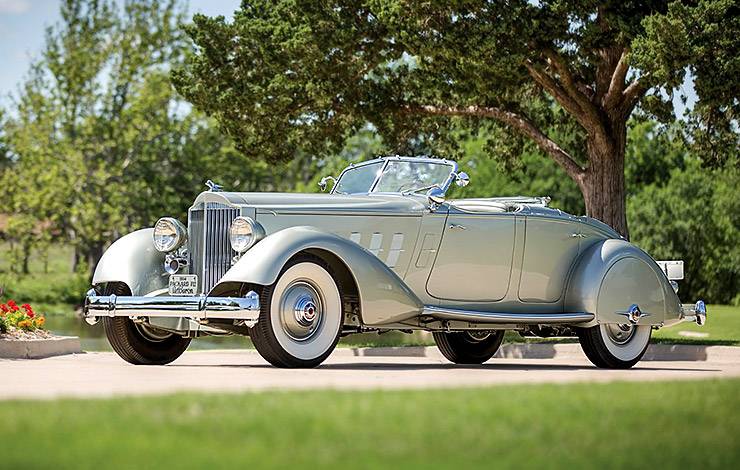
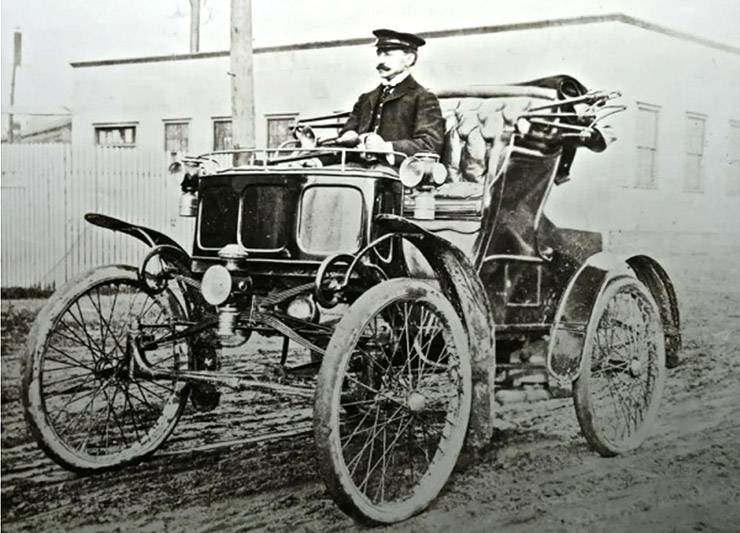

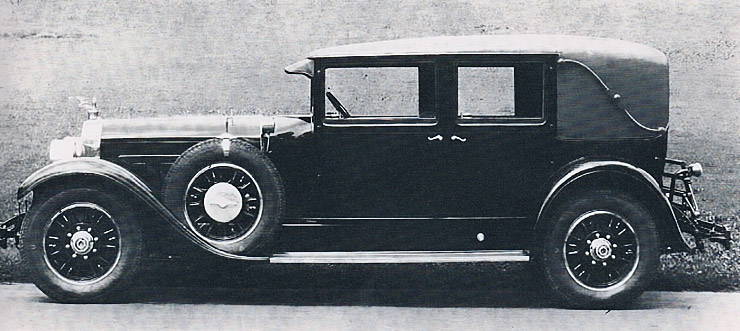
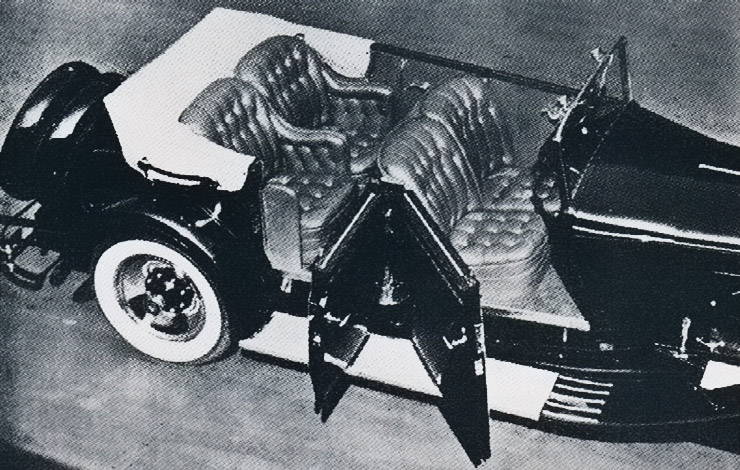
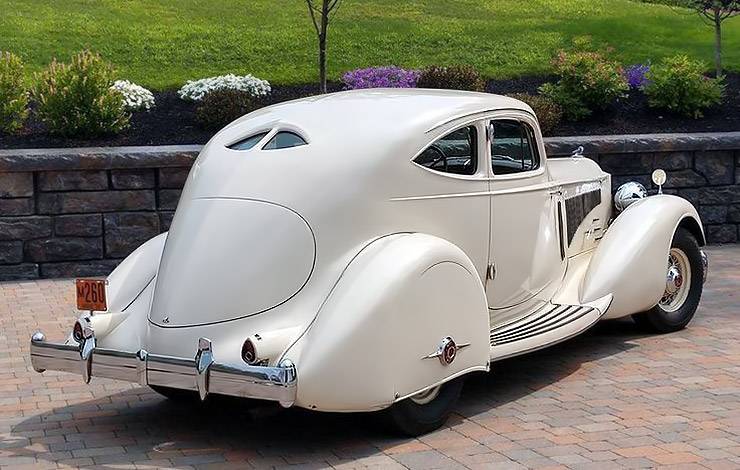
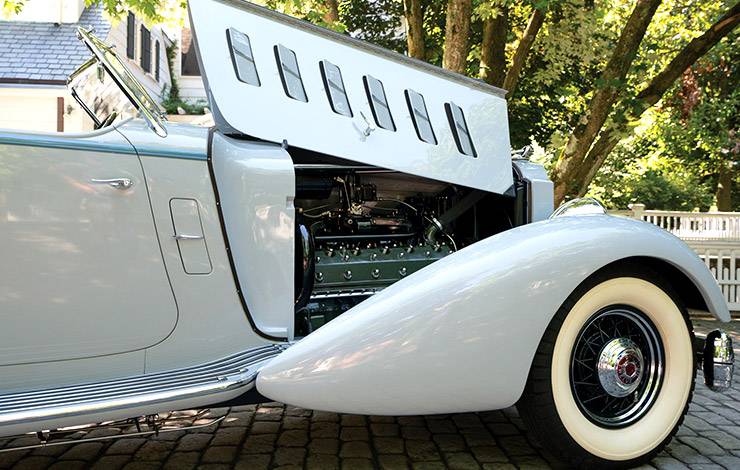
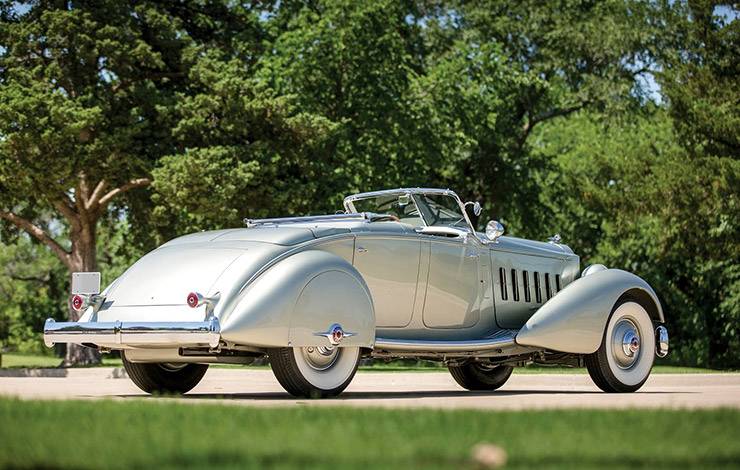
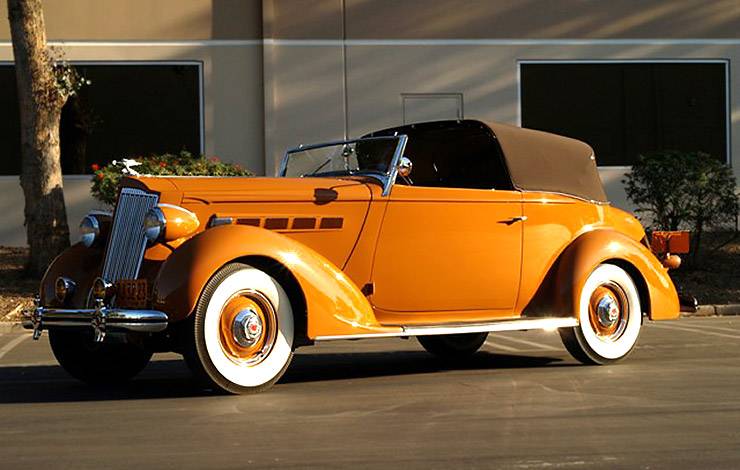
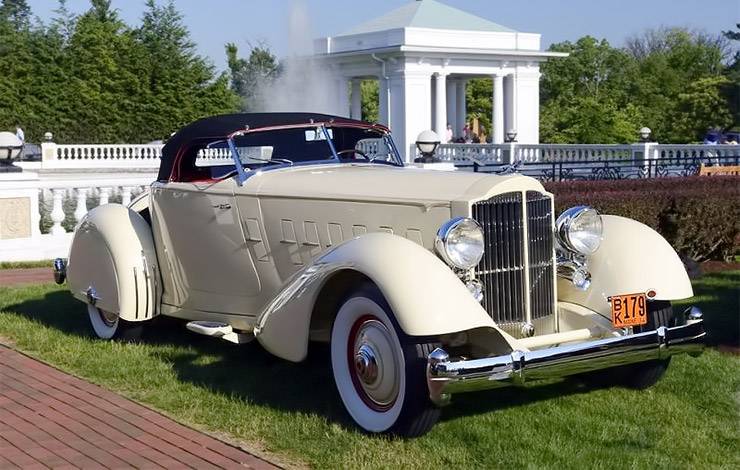



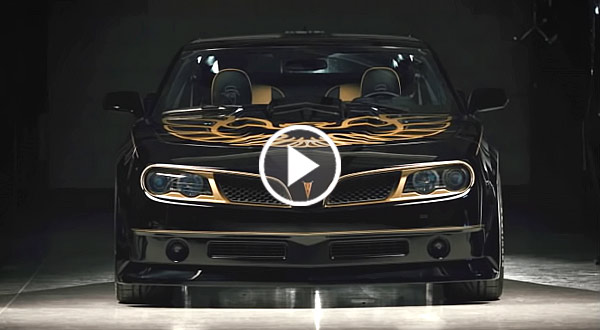

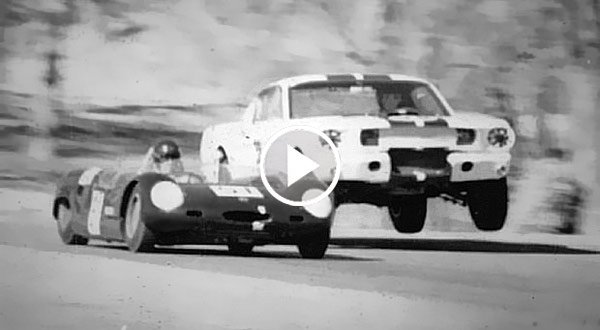






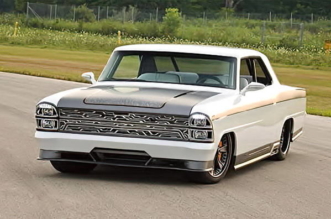
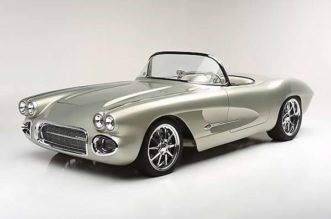








Facebook Comments